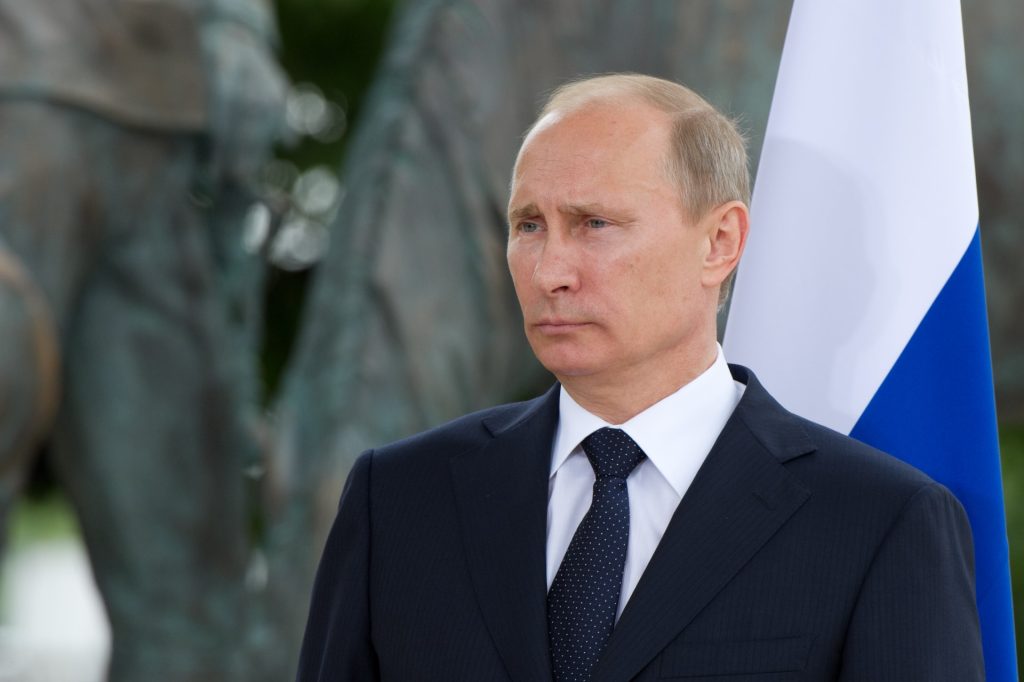Analysts suggest this could severely dent Russian President Vladimir Putin’s standing.
Others are reading now
The fall of Syria’s Bashar al-Assad has sent shockwaves through global geopolitics. For years, Assad’s regime was propped up by Russian military support.
But now, the swift advances of opposition forces have toppled the two-decade-old regime.
Analysts suggest this could severely dent Russian President Vladimir Putin’s standing as a dependable security ally.
According to the U.S.-based Institute for the Study of War (ISW), Assad’s ousting marks a strategic loss for Moscow.
Also read
The think tank describes it as a political defeat that undermines Russia’s influence in the region, according to Digi24.
Putin’s inability — or unwillingness — to shore up Assad’s regime during a fast-moving rebel offensive has sparked questions about his reliability. This could have long-term repercussions for Moscow’s global partnerships.
Putin’s Reputation Takes Hit
Experts point to the rapid advance of Islamist-led rebels who captured major cities like Aleppo and Hama before taking Damascus. The capital’s fall led to Assad’s departure from Syria.
Russia’s Ministry of Foreign Affairs confirmed his exit but did not disclose his location. Kremlin officials have acknowledged working with opposition groups to ensure the safety of Russia’s remaining military assets in Syria.
The collapse of Assad’s government leaves Russia’s military presence in a precarious position. ISW notes that Russian bases in Syria are now vulnerable to groups that Moscow once labeled as terrorists.
While Russia might manage to retain some of its facilities, it will have to operate under new risks. This situation diminishes Moscow’s ability to project power in the Middle East.
Analysts warn that Putin’s reputation as a steadfast security partner is taking a hit. Allies may question whether Moscow can provide consistent and effective support.
For Putin, whose vision of a multipolar world relies on strong partnerships, this could hinder efforts to expand Russia’s global influence.
Russia began backing Assad militarily in 2015. The intervention was seen as a decisive factor in preserving his rule.
Now, with Assad gone, Moscow faces the daunting task of salvaging its geopolitical standing in the region while grappling with the fallout from its diminished credibility.








